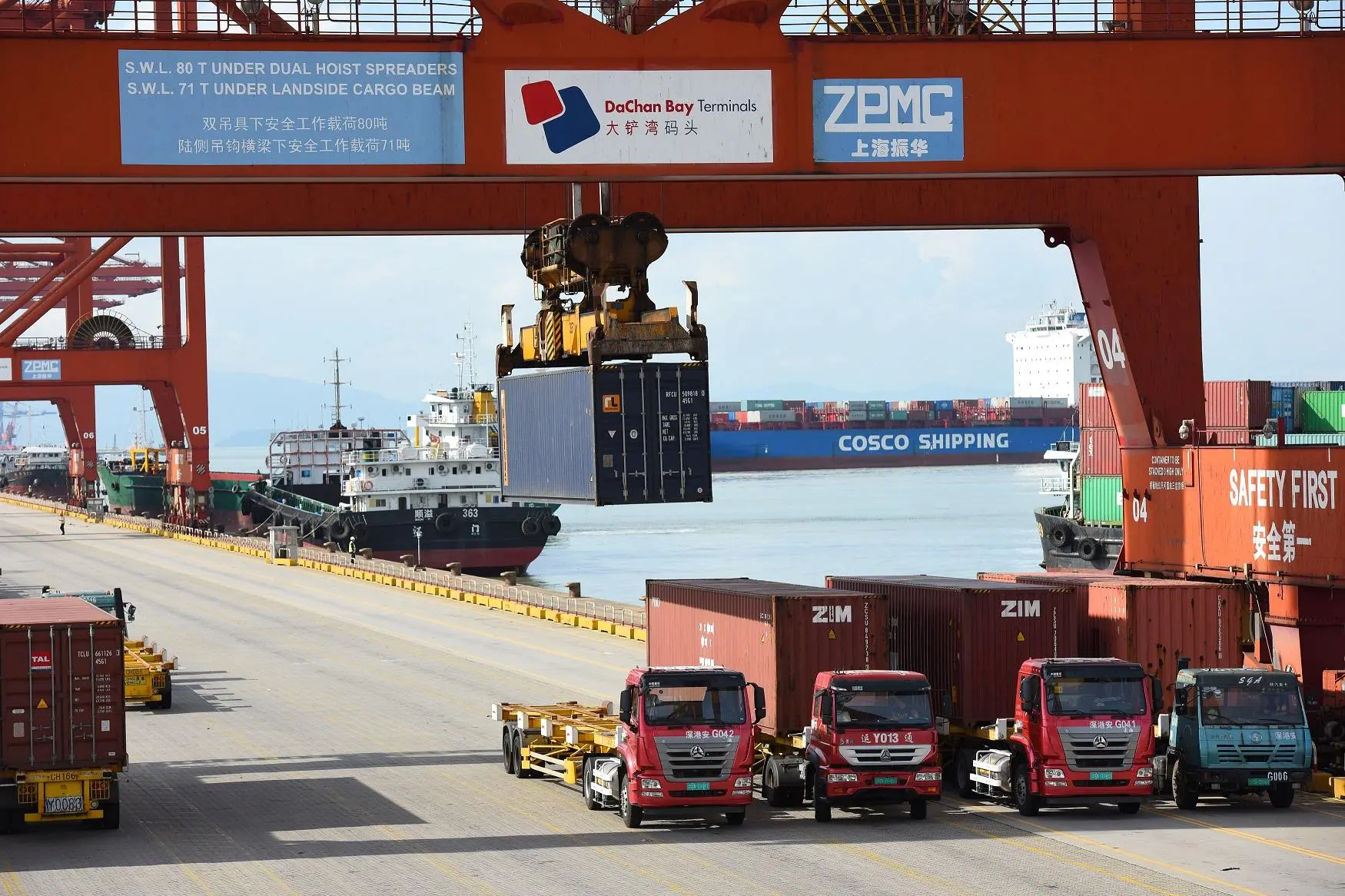PHOTO
WASHINGTON - Casualties may be the only factor that dissuades President Donald Trump on a trade war. The White House is considering increasing tariffs on $200 billion of Chinese imports from 10 percent to 25 percent. Big firms like Caterpillar can absorb the cost, but an escalating battle could force smaller businesses to close or fire workers.
The tit-for-tat tariffs keep getting worse. The Trump administration has imposed duties on imports of steel, aluminum and Chinese goods, sparking global retaliation. On Friday, China announced it’s considering a range of tariffs on $60 billion worth of U.S. goods.
Large corporations like General Motors have warned of pain to come, but the levies won’t cause their demise. Earlier this week, Caterpillar said tariffs on metals and parts would raise its materials costs by $200 million in the second half of this year. But the company probably can pass most of that increase on to its customers to help offset those expenses.
It could also take longer to see the overall effects of the trade war given the healthy U.S. economy. Still, the 157,000 positions employers added in July was below expectations, especially given the high level of job openings. Businesses have told lawmakers that the tariffs have halted expansion, increased costs or slashed sales.
Trump has acknowledged the pain faced by farmers, calling China’s targeting of them “vicious.” The administration is using a government-owned credit agency to provide $12 billion in aid, reflecting worries about a core base of the president's supporters. A study by the U.S. Chamber of Commerce found that American businesses need an additional $27 billion in assistance, including $7.6 billion for the auto industry and $8.8 billion for the steel, iron and aluminum sectors.
Meanwhile, companies like Missouri-based Mid Continent Nail are suffering. The firm had doubled in size after it was bought by Mexico’s DeAcero in 2012 but it recently laid off 26 percent of its 500 workers because of a 70 percent drop in orders due to the steel tariffs. Chris Pratt, a general manager at Mid Continent, wrote in the Wall Street Journal that many colleagues still have faith in Trump “but time is running out.”
Stories like that are more likely to move Trump, partly because they represent his base. It may require a heavy toll, though, for the president to call a truce.
(Editing by Tom Buerkle and Martin Langfield)
(The author is a Reuters Breakingviews columnist. The opinions expressed are her own.)
© Reuters News 2018





















